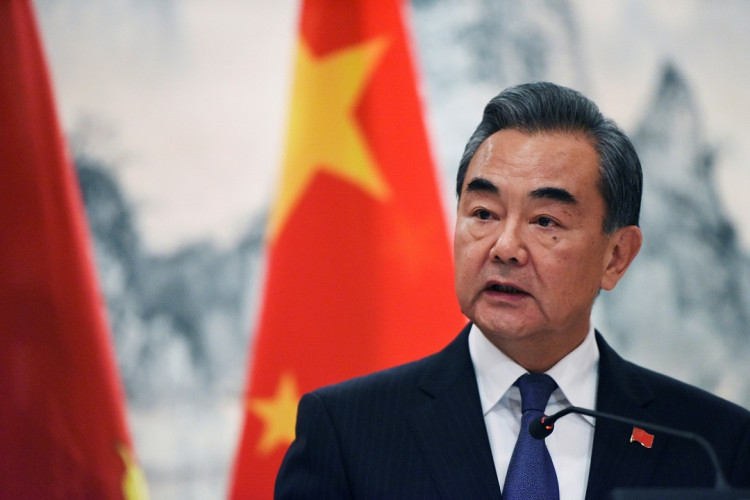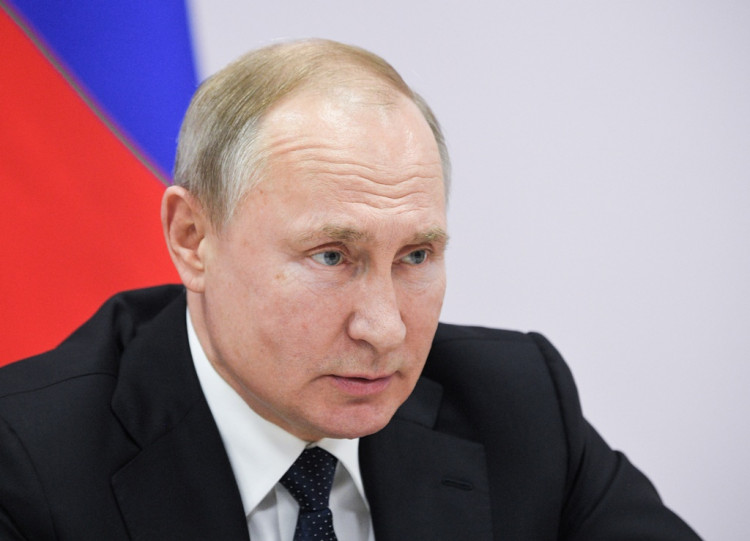According to Russian state media, China's top diplomat Wang Yi landed in Moscow on Tuesday, marking the first visit by a Chinese official to Russia since the Kremlin's full-scale invasion of Ukraine began nearly a year ago.
He will meet with Russian Foreign Minister Sergey Lavrov on Wednesday, according to the Russian foreign ministry and Russian state media TASS. While neither country has confirmed whether or not Wang will meet with President Vladimir Putin, Kremlin spokesperson Dmitry Peskov stated on Monday that "we do not rule out" such a meeting.
Wang, who was appointed chief foreign policy adviser to Chinese leader Xi Jinping last month, is making the high-profile visit as the penultimate leg of an eight-day international tour that included stops in France, Italy, Hungary, and Germany for a security conference.
Tuesday, Wang met with Nikolai Patrushev, the chairman of the Russian Security Council, according to a statement from China's Foreign Ministry.
According to the readout, the two officials agreed to oppose "the Cold War mentality, bloc confrontation, and ideological opposition" - a thinly veiled criticism of the United States - and to make more efforts to "improve global governance," a reference to Beijing and Moscow's ambitions to reshape the global order in their favor.
The statement said that Wang and Patrushev "exchanged their opinions" on the issue of Ukraine, without providing specifics.
The diplomat arrived in Moscow just days after U.S. officials voiced concerns about the impact of China's continued partnership with Russia on the war in Ukraine, and just hours after Putin made a major speech on the conflict in which he announced plans to suspend Russia's participation in its last remaining nuclear arms treaty with the U.S.
Wang's visit follows U.S. President Joe Biden's unannounced visit to Ukraine on Monday, which was a show of support for the beleaguered nation, which Washington and its European allies have rallied to support over the past year through military and humanitarian aid, as well as economic sanctions against Russia.
The Chinese leadership has asserted its neutrality in the war, but has declined to denounce Russia's incursion, boosting trade links and maintaining cooperative military drills, including this week.
Wang built on China's portrayal of itself as a proponent of peace and negotiation during recent engagements in European cities, stating at the Munich Security Conference (MSC) on Saturday that Beijing would release its position on a "political settlement" of the crisis.
Some Western leaders viewed these words with skepticism, as they closely monitor any support China provides to its northern neighbor, especially if it violates specific "red lines" defined by Washington.






